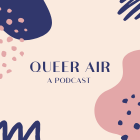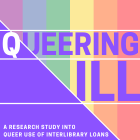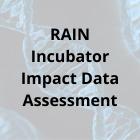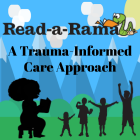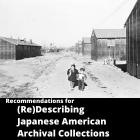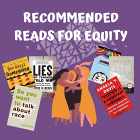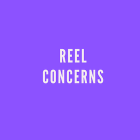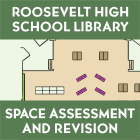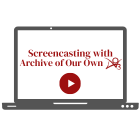
PROSPER with Scalar: Promoting Reliable Open Source Platforms as Educational Resources
To address the information needs of the UW Libraries’ Digital Scholarship Leadership Team, we developed materials that analyze, assess, and provide training on Scalar, an open-source authoring and publishing platform. Through research and examination, we wrote a literature review that compared Scalar to similar publishing platforms, evaluated its accessibility, and examined its potential as an open digital scholarship platform. Additionally, we crafted learning resources and facilitated an interactive online workshop to assist librarians in identifying and promoting Scalar’s features and use cases for future students, faculty, and the broader research community.

